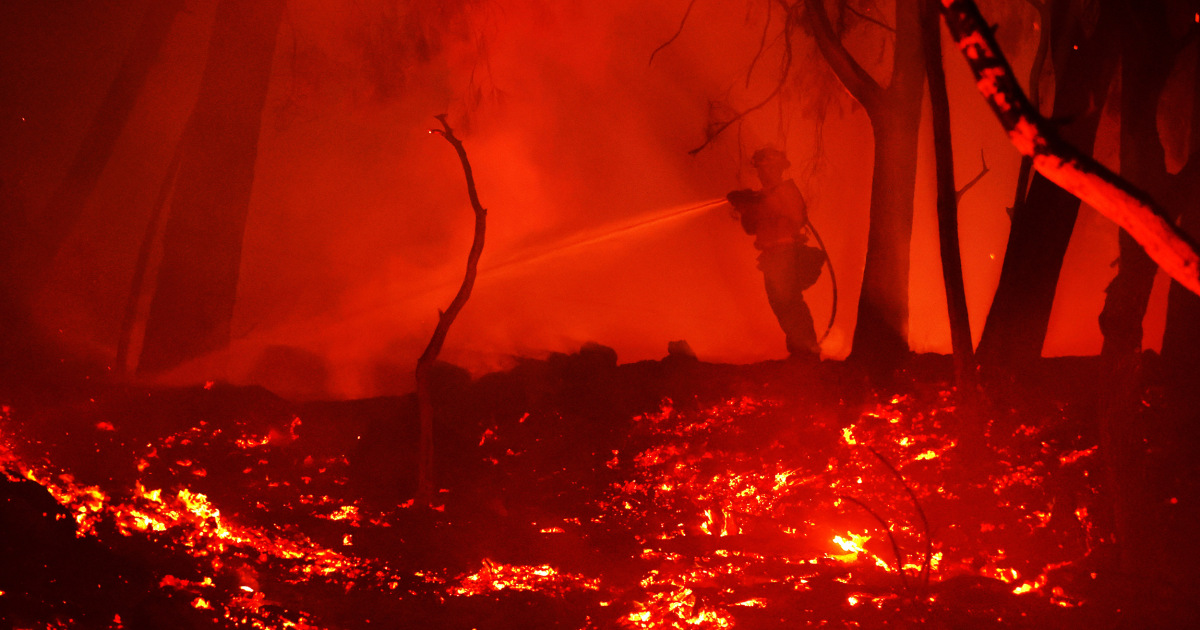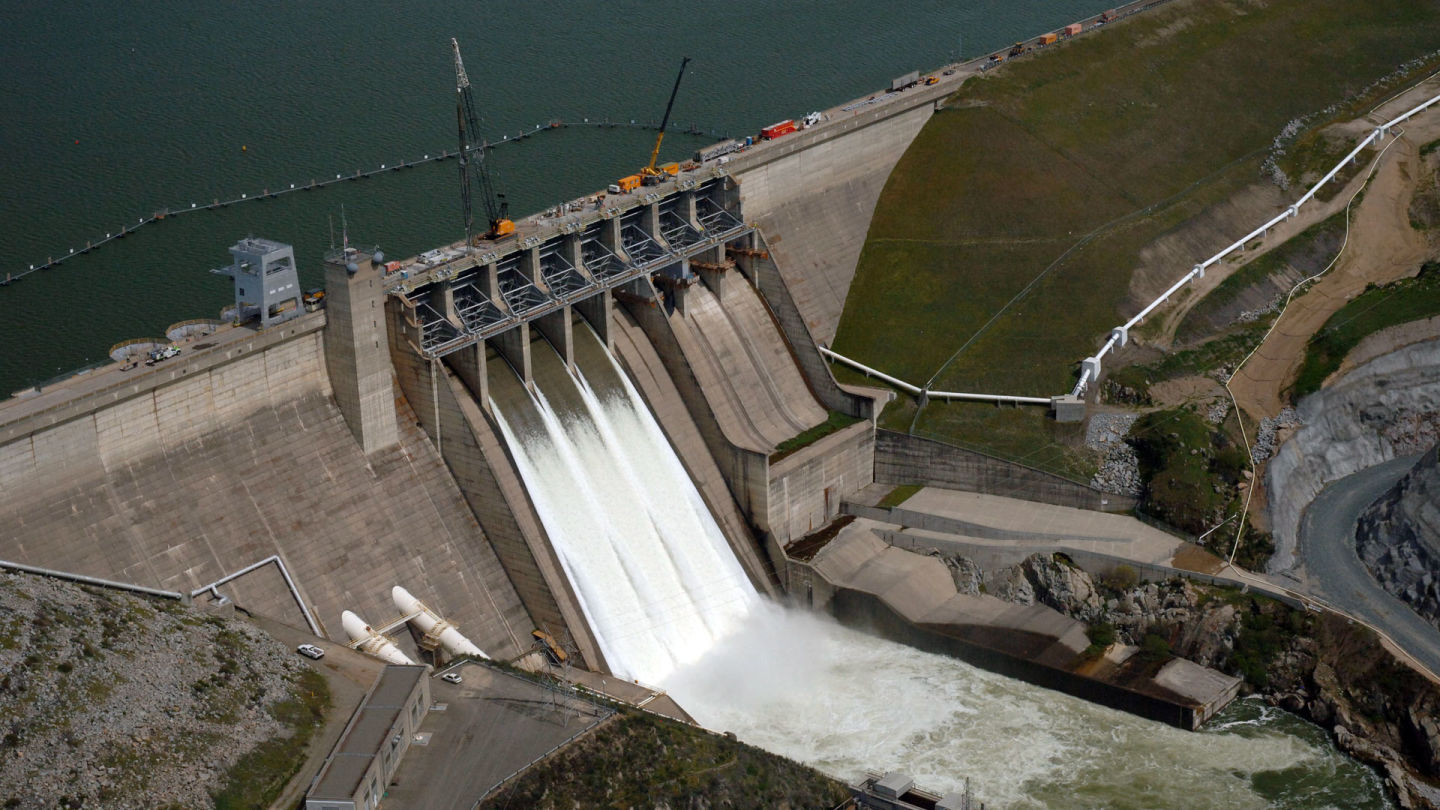This is false, polarbears only "rely" of ice flows because they have to. This is also a polar bear's habitat:
View attachment 67469544
The loss of ice flows would actually be worse on the seal population because hunting seals on the shore is infinitely easier than hunting them on an ice flow.
This is patently false. Not long ago the government of Australia started a program to curtail farm run off in Queensland when it was learned that the Crown of Thorns starfish flourished in the fertilizer rich water.
Since controlling the fertilizer run off the GBR has rebounded quickly.
Nope. California was mostly a desert before European settlers showed up, drought was a regular occurrence. Back then, however, fires still happens, old dry brush and branches would burn away and the cycle would start again. Fire is so common in California throughout geological history that it is home to many pyrophytic plant species (plants that require fire in order to germinate).
By fighting wildfires but not clearning brush that would have been eliminated by the fires you are preventing all you do is create a build up of fire-starter that ensures that when the fire does happen it will be bigger than you want it to be.
This is an absolute lie. The Polar bear population
is increasing, not decreasing.
Here is a funny bit of stupid propaganda that you would probably read without questioning:
Scientists say polar bear population data reflects their improved ability to track bears, not a major increase in the number of bears.
www.usatoday.com
Can you spot the problem with their argument?

.. except it's not.
“Forest management is a lot like gardening. You have to keep the forest open and thin," said Mike Rogers, a former Angeles National Forest supervisor.

www.nbcnews.com
As far as the paleo CO2/Climate record:
The paleo CO2 record has nowhere near the temporal precision to show decadal or even century precision beyond the last interglacial, rendering any argument on change rate pointless as you have no apples to compare to your chosen apple.
Most of the species alive today have lived through higher CO2 concentrations over the last 300,000+ years. The Polar bear species is actually fairly young, entering the fossil record, ironically, at the tail end of a glacial cycle 150,000 years ago, and surviving the rapid interglacial warming of the following century.
The assertion that raising CO2 by even 100% over a matter of a few centuries being to fast for species to adapt of pure lunacy. Again, most of the species alive today already have proven they can survive in higher CO2 concentrations and warmer temperatures.




